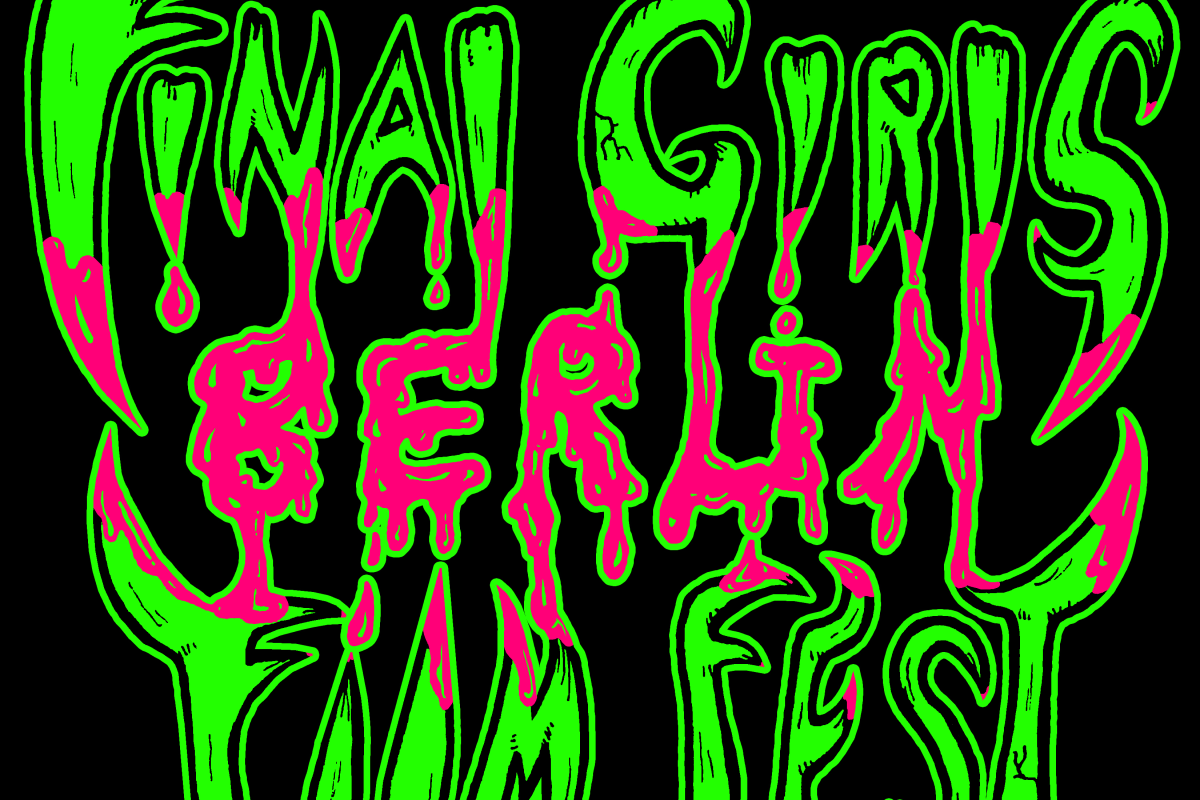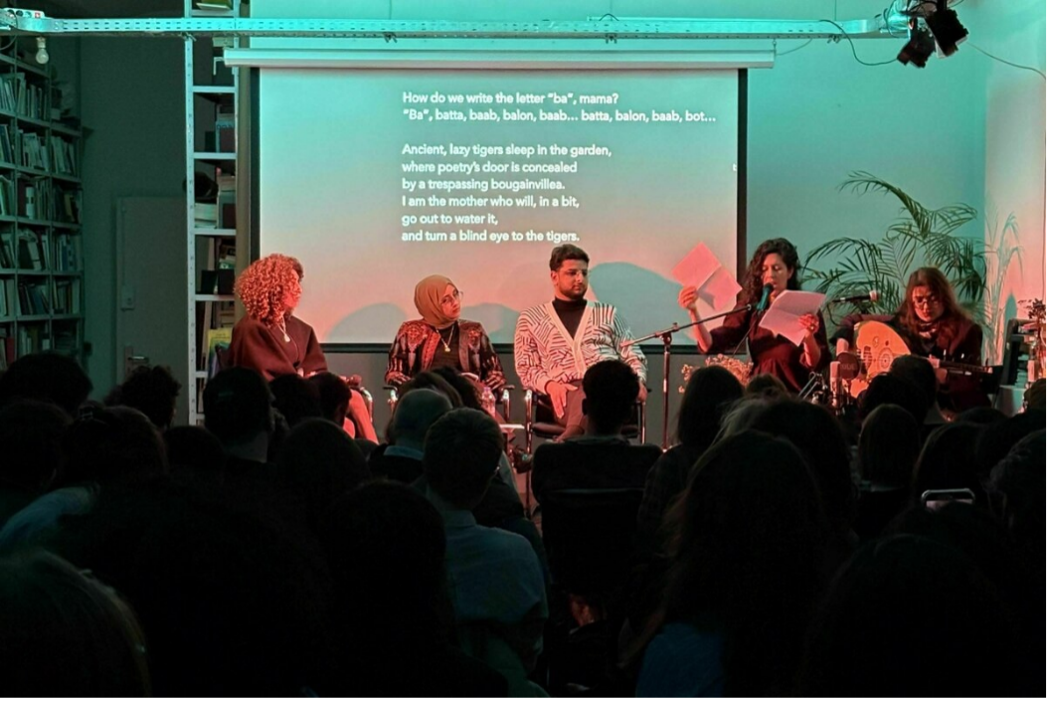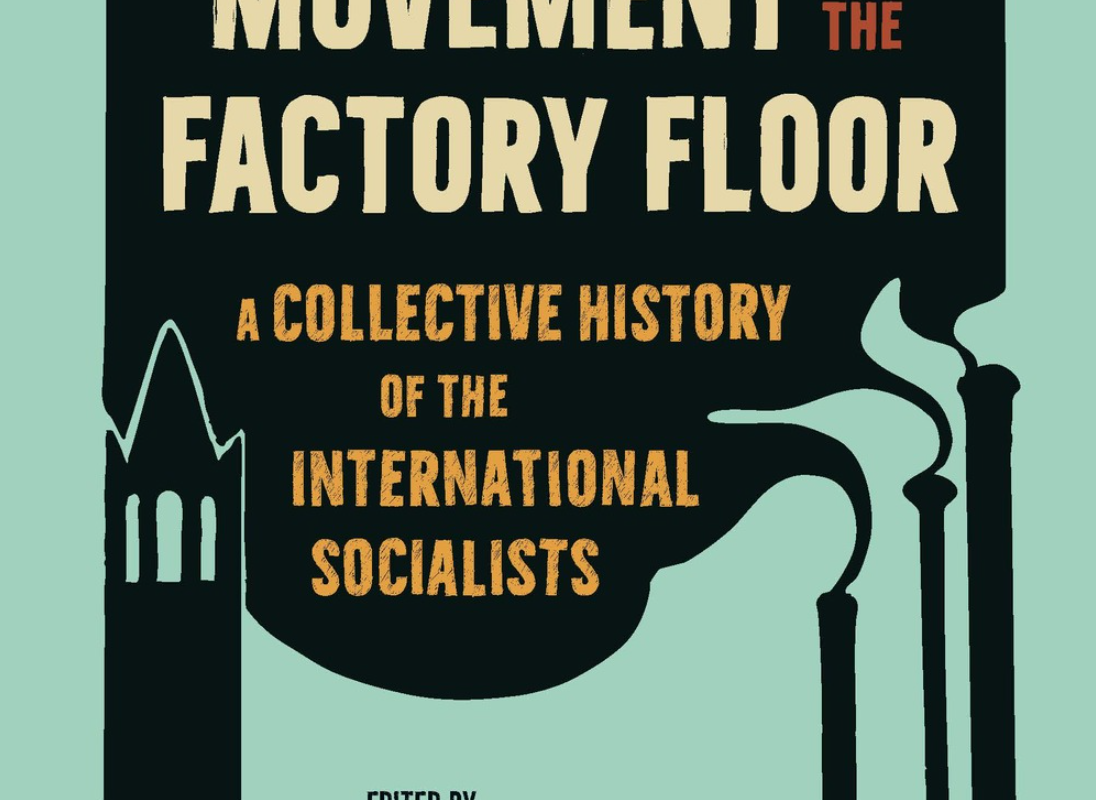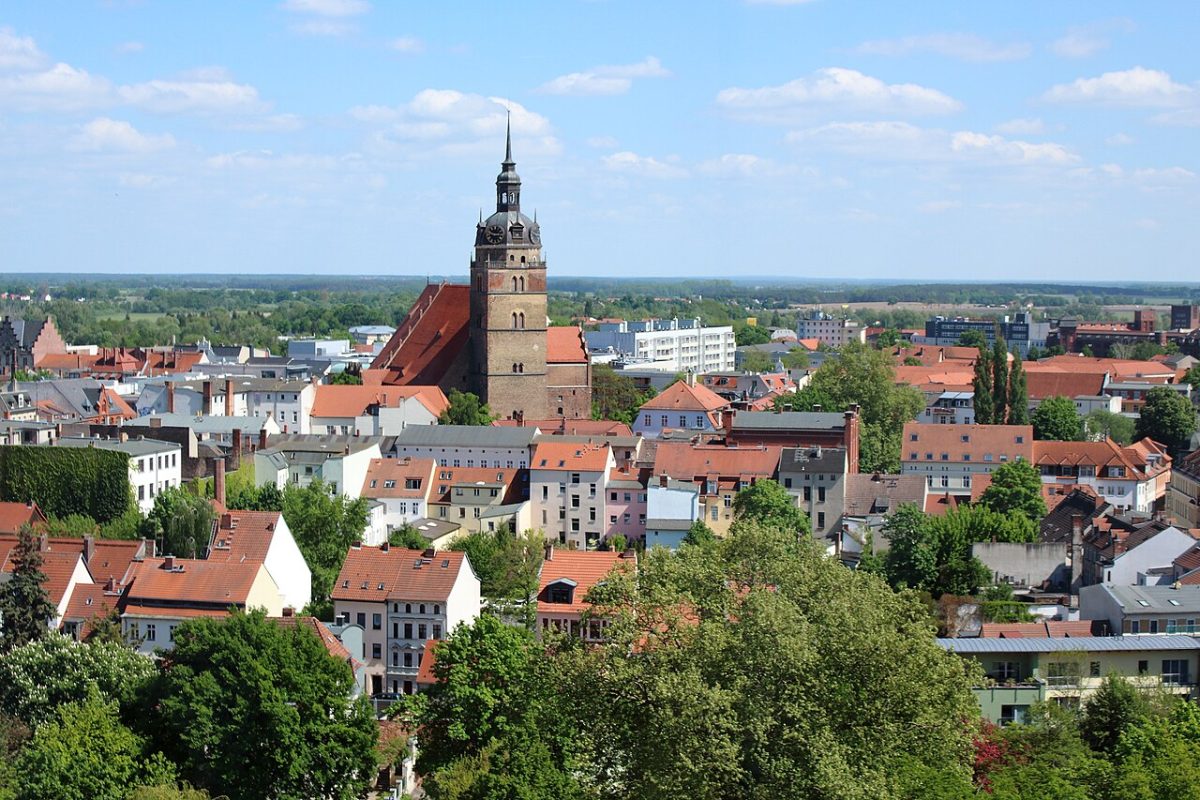deutsche Version unten
Yesterday, a nice journalist from DIE ZEIT rang me. She’s writing an article about different perspectives from Jewish people living in Germany.
She had learned about the Jüdische Stimme (Jewish Voice for Peace) and thought it would be an “important voice in this context.” About half an hour later, we had the following telephone conversation:
– Yesterday (19th October)
Hello, my name is —- What is yours?
Hello, I’m Udi.
That’s a nice name. Where are you from?
From Haifa. A city between Tel Aviv and Beirut.
It must be currently very difficult for you. How are you feeling?
Yes, it is. For a long time I’ve been asking myself the same question. I don’t know.
I understand. May I record the conversation?
Yes.
What do you mean when you say that you are anti-Zionist?
It’s to do with my understanding of Zionism. I understand Zionism as a state ideology which considers Jewish supremacy in Israel/Palestine to be a prerequisite. I am against such an ideology because it is racist and therefore illegitimate.
You have already said that you are afraid to wear the Kuffiyeh in public. But you do it anyway. What does this mean for you?
I am afraid. Above all I’m afraid of the Berlin police’s readiness to use violence. I wear the Kuffiyeh as a symbol of a resistance movement. Resistance against a politics which systematically marginalises, demonises and dehumanises Palestinian people.
But I’m more than just the Kuffiyeh. I am also Jewish. I am an Israeli. I am also influenced by Zionism. For many years, Zionism was the only perspective that I knew. I am queer in this respect. I’m not exactly that which people see at the first view.
At the moment, there is only space for binary descriptions. Either Palestinian or Jewish. And that is a symptom of the problem. Germany’s political élite again and again play us off against each other. As if we were fundamentally enemies. But we are not enemies. Are we even allowed to say this?
You have summarized that nicely. Thank you. I think that was all we ned. We would like to publish it soon. Would you prefer to be anonymous?
No, it’s fine.
— Today (20th October)
Hi Udi, it’s —- again. Udi, I am really sorry, The editors have rejected the interview with you.
Does this affect all the interviews which you carried out for the article, or just the interview with me?
Just with you. The editors said, they can’t publish this, because you support BDS.
What has that got to do with the interview?
I am really sorry. I found your views really important. I am very sorry.
I’m also sorry.
Look after yourself.
This article was originally posted in German (but not in die Zeit). Translation: Phil Butland. Reproduced with permission.
deutsche Version
Gestern hat mich eine nette Journalistin von DIE ZEIT angerufen.
Sie schreibt einen Artikel über verschiedene Perspektiven von in Deutschland lebenden, jüdischen Menschen.
Sie hat von der Arbeit der Jüdischen Stimme erfahren und sie dachte es wäre eine “wichtige Stimme in diesem Zusammenhang”. Ca. halbe Stunde lang haben wir telefoniert.
— Gestern (19. October) —
𝐇𝐚𝐥𝐥𝐨, 𝐦𝐞𝐢𝐧 𝐍𝐚𝐦𝐞 𝐢𝐬𝐭 —-. 𝐖𝐢𝐞 𝐡𝐞𝐢ß𝐭 𝐝𝐮?
– Hallo —-. Ich bin Udi.
𝐒𝐜𝐡ö𝐧𝐞𝐫 𝐍𝐚𝐦𝐞. 𝐖𝐨𝐡𝐞𝐫 𝐤𝐨𝐦𝐦𝐬𝐭 𝐝𝐮?
– Aus Haifa. Eine Stadt zwischen Tel-Aviv und Beirut.
𝐄𝐬 𝐦𝐮𝐬𝐬 𝐝𝐢𝐫 𝐦𝐨𝐦𝐞𝐧𝐭𝐚𝐧 𝐬𝐢𝐜𝐡𝐞𝐫𝐥𝐢𝐜𝐡 𝐬𝐡𝐞𝐫 𝐬𝐜𝐡𝐰𝐞𝐫 𝐬𝐞𝐢𝐧. 𝐖𝐢𝐞 𝐟ü𝐡𝐥𝐬𝐭 𝐝𝐮 𝐝𝐢𝐜𝐡?
– Ja, es ist. Seit langer Zeit stelle ich mir die selbe Frage. Das weiß ich nicht.
𝐃𝐚𝐬 𝐯𝐞𝐫𝐬𝐭𝐞𝐡𝐞 𝐢𝐜𝐡. 𝐃𝐚𝐫𝐟 𝐢𝐜𝐡 𝐝𝐚𝐬 𝐆𝐞𝐬𝐩𝐫ä𝐜𝐡 𝐚𝐮𝐟𝐧𝐞𝐡𝐦𝐞𝐧?
– Ja.
…
𝐖𝐚𝐬 𝐦𝐞𝐢𝐧𝐬𝐭 𝐝𝐮, 𝐰𝐞𝐧𝐧 𝐝𝐮 𝐬𝐚𝐠𝐬𝐭, 𝐝𝐮 𝐛𝐢𝐬𝐭 𝐚𝐧𝐭𝐢-𝐙𝐢𝐨𝐧𝐢𝐬𝐭𝐢𝐬𝐜𝐡?
– Es hat mit meinem Verständnis von Zionismus zu tun. Ich verstehe Zionismus als eine Staatsideologie, die die Überlegenheit von jüdischen Menschen in Israel*Palästina als Voraussetzung betrachtet. Ich bin anti- so einer Ideologie, denn diese ist rassistisch und entsprechend illegitim.
𝐃𝐮 𝐡𝐚𝐬𝐭 𝐯𝐨𝐫𝐡𝐢𝐧 𝐞𝐫𝐰ä𝐡𝐧𝐭, 𝐝𝐮 𝐡𝐚𝐬𝐭 𝐀𝐧𝐠𝐬𝐭, 𝐝𝐢𝐞 𝐊𝐮𝐟𝐟𝐢𝐲𝐞𝐡 𝐳𝐮 𝐭𝐫𝐚𝐠𝐞𝐧, 𝐰𝐞𝐧𝐧 𝐝𝐮 𝐚𝐮𝐟 𝐝𝐞𝐫 𝐒𝐭𝐫𝐚ß𝐞 𝐠𝐞𝐡𝐬𝐭. 𝐔𝐧𝐝 𝐝𝐮 𝐭𝐮𝐬𝐭 𝐝𝐚𝐬 𝐭𝐫𝐨𝐭𝐝𝐞𝐦. 𝐖𝐚𝐫𝐮𝐦? 𝐖𝐚𝐬 𝐛𝐞𝐝𝐞𝐮𝐭𝐞𝐭 𝐝𝐢𝐞𝐬 𝐟ü𝐫 𝐝𝐢𝐜𝐡?
– Ich habe Angst. Vor allem habe ich Angst vor der Gewaltbereitschaft der Berliner Polizei. Ich trage die Kuffiyeh als Symbol einer Widerstandbewegung. Widerstand gegen eine Politik, welche palästinensische Menschen systemisch marginalisiert, dämonisiert, und dehumanisiert.
Ich bin aber mehr als nur die Kuffiyeh. Ich bin auch jüdisch. Ich bin Israeli. Ich bin auch vom Zionismus geprägt. Lange Jahren war Zionismus die einzige Perspektive, die ich kannte. Ich bin queer in dieser Hinsicht. Ich bin eben nicht genau das, was man vielleicht beim ersten Blick erkennt.
Es gibt aber momentan Raum nur für Binarität. Entweder palästinensisch, oder jüdisch. Und das ist ein Symptom des Problems. Die politische Elite Deutschlands spielt uns immer wieder gegeneinander. Als ob wir grungsätzlich Feinde wären. Wir sind das aber nicht. Darf man das überhaupt noch sagen?
𝐃𝐮 𝐡𝐚𝐬𝐭 𝐝𝐚𝐬 𝐬𝐞𝐡𝐫 𝐠𝐮𝐭 𝐳𝐮𝐬𝐚𝐦𝐦𝐞𝐧𝐠𝐚𝐬𝐬𝐭. 𝐃𝐚𝐧𝐤𝐞. 𝐈𝐜𝐡 𝐠𝐥𝐚𝐮𝐛𝐞 𝐝𝐚𝐬 𝐰𝐚𝐫 𝐞𝐬. 𝐖𝐢𝐫 𝐰𝐨𝐥𝐥𝐞𝐧 𝐝𝐚𝐬 𝐳𝐞𝐢𝐳𝐧𝐚𝐡 𝐯𝐞𝐫ö𝐟𝐟𝐞𝐧𝐭𝐥𝐢𝐜𝐡𝐞𝐧. 𝐌ö𝐜𝐡𝐭𝐞𝐬𝐭 𝐝𝐮 𝐥𝐢𝐞𝐛𝐞𝐫 𝐚𝐧𝐨𝐧𝐲𝐦𝐢𝐬𝐢𝐞𝐫𝐭 𝐰𝐞𝐫𝐝𝐞𝐧?
– Nein. Alles gut.
— Heute (20. October) —
𝐇𝐢 𝐔𝐝𝐢, 𝐝𝐚𝐬 𝐢𝐬𝐭 𝐰𝐢𝐞𝐝𝐞𝐫 —-. 𝐔𝐝𝐢, 𝐞𝐬 𝐭𝐮𝐭 𝐦𝐢𝐫 𝐦𝐞𝐠𝐚 𝐋𝐞𝐢𝐝. 𝐃𝐢𝐞 𝐑𝐞𝐝𝐚𝐤𝐭𝐢𝐨𝐧 𝐡𝐚𝐭 𝐝𝐚𝐬 𝐈𝐧𝐭𝐞𝐫𝐯𝐢𝐞𝐰 𝐦𝐢𝐭 𝐝𝐢𝐫 𝐚𝐛𝐠𝐞𝐥𝐞𝐡𝐧𝐭.
– Gilt das für alle Interviews, die du für den Artikel geführt hast, oder nur für das Interview mit mir?
𝐍𝐮𝐫 𝐦𝐢𝐭 𝐝𝐢𝐫. 𝐃𝐢𝐞 𝐑𝐞𝐝𝐚𝐤𝐭𝐢𝐨𝐧 𝐦𝐞𝐢𝐧𝐭, 𝐬𝐢𝐞 𝐤ö𝐧𝐧𝐞𝐧 𝐝𝐚𝐬 𝐧𝐢𝐜𝐡𝐭 𝐯𝐞𝐫ö𝐟𝐟𝐞𝐧𝐭𝐥𝐢𝐜𝐡𝐞𝐧, 𝐝𝐚 𝐝𝐮 𝐝𝐢𝐞 𝐁𝐃𝐒 𝐮𝐧𝐭𝐞𝐫𝐬𝐭ü𝐭𝐳𝐭.
– Was hat es mit dem Interview zu tun?
𝐄𝐬 𝐭𝐮𝐭 𝐦𝐢𝐫 𝐞𝐜𝐡𝐭 𝐋𝐞𝐢𝐝. 𝐈𝐜𝐡 𝐟𝐚𝐧𝐝 𝐝𝐞𝐢𝐧𝐞 𝐀𝐧𝐬𝐢𝐜𝐡𝐭𝐞𝐧 𝐞𝐱𝐭𝐫𝐞𝐦 𝐰𝐢𝐜𝐡𝐭𝐢𝐠. 𝐄𝐬 𝐭𝐮𝐭 𝐦𝐢𝐫 𝐬𝐨 𝐬𝐞𝐡𝐫 𝐋𝐞𝐢𝐝.
– Es tut mir auch Leid.
𝐏𝐚𝐬𝐬 𝐚𝐮𝐟 𝐝𝐢𝐜𝐡 𝐚𝐮𝐟.
– Danke. Du auch.




